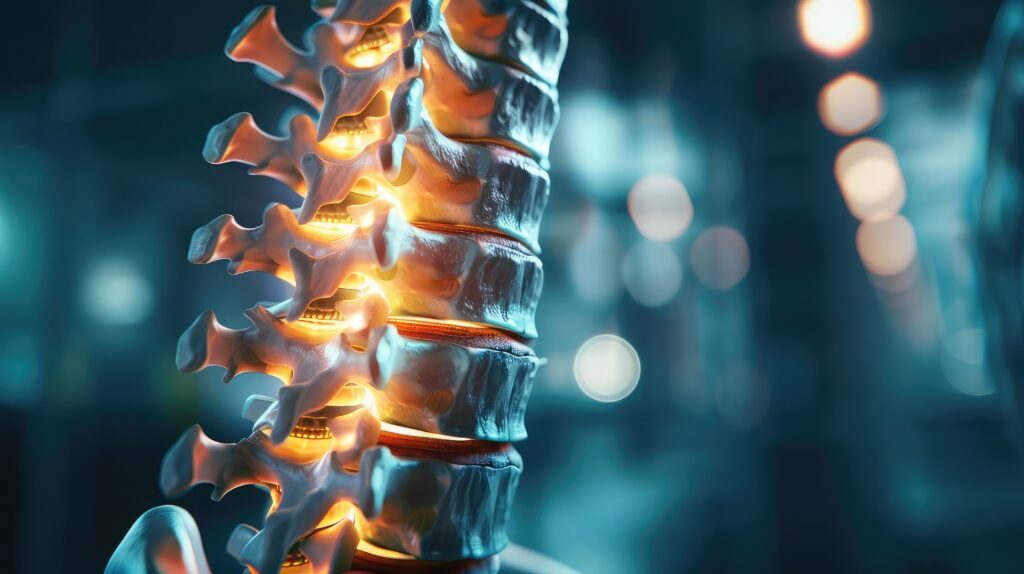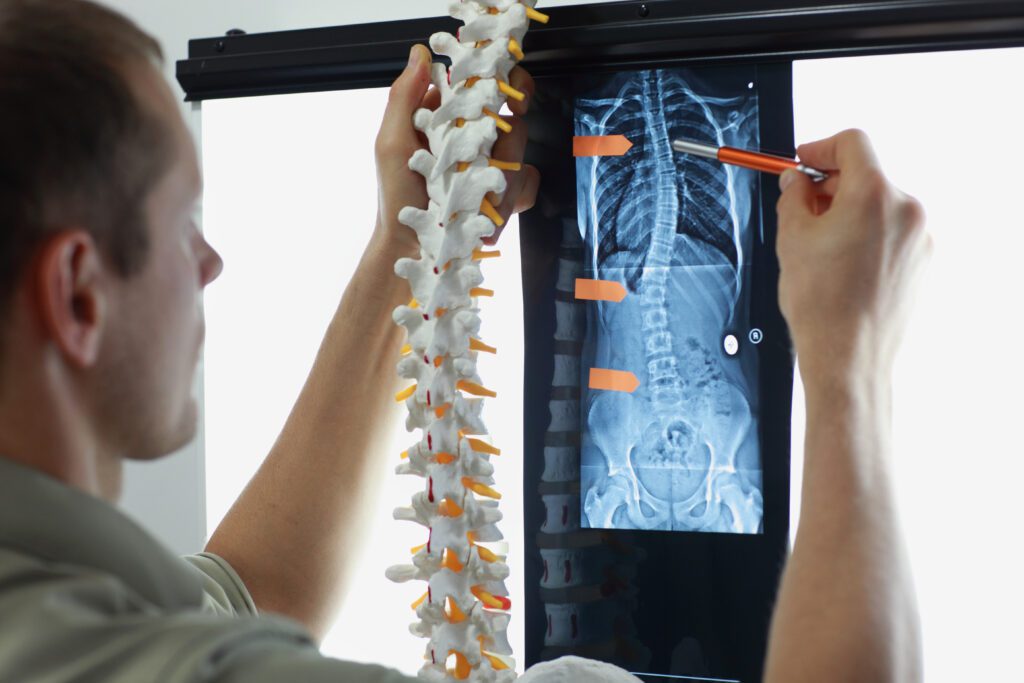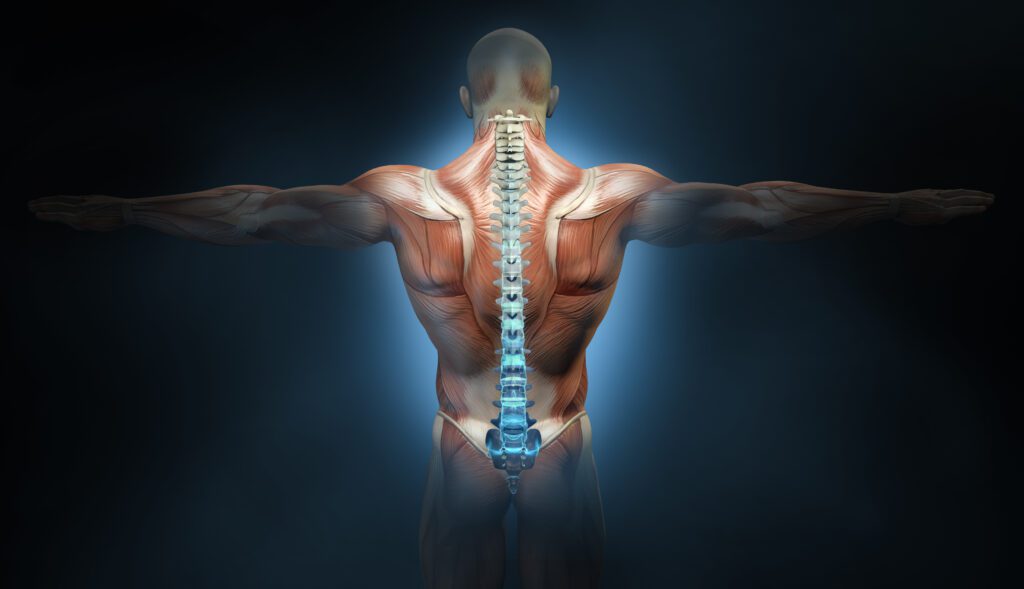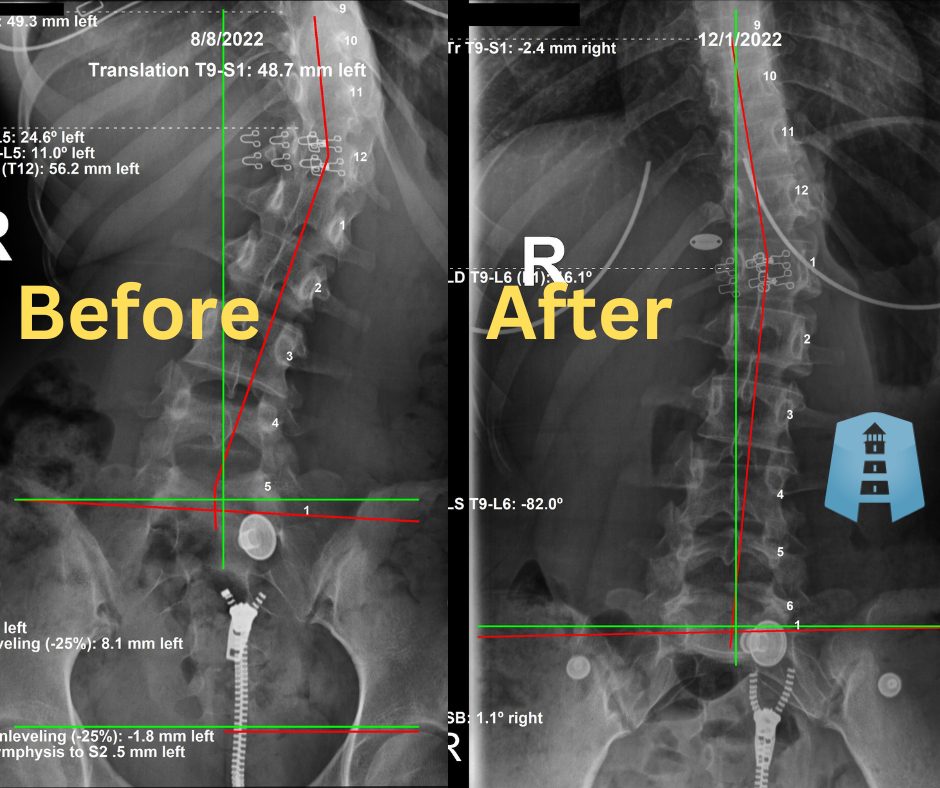Do you struggle with anxiety or feel like your nervous system isn’t quite functioning as it should? Chiropractic care might be the solution you’ve been looking for. Recent research has shown promising results in the realm of chiropractic care and its positive impact on anxiety levels and nervous system health.
A recent case series, titled “Reduction in Anxiety and Dysautonomia in Five Adult Patients Undergoing Chiropractic Care for Vertebral Subluxation,” sheds light on how chiropractic treatment can lead to a reduction in anxiety symptoms and improve dysautonomia. Dysautonomia is a condition characterized by irregularities in the autonomic nervous system, which controls involuntary bodily functions like heart rate, digestion, and breathing.
Moderate to severe down to mild to moderate anxiety.
In the study, five adult patients receiving chiropractic care for vertebral subluxation experienced significant improvements in their anxiety levels as measured by the Hamilton Anxiety Rating Scale (HAM-A). Prior to treatment, these individuals reported moderate to severe anxiety, but after undergoing chiropractic care, their anxiety levels decreased to mild or mild to moderate. This highlights the potential of chiropractic interventions in alleviating anxiety symptoms.
What is dysautonomia?
But what exactly is dysautonomia, and how does chiropractic care help regulate neurological function? Dysautonomia reflects an imbalance or dysfunction in the autonomic nervous system, leading to various symptoms such as rapid heart rate, digestive issues, and temperature regulation problems. Chiropractic care focuses on correcting spinal misalignments, known as vertebral subluxations, which can interfere with nervous system function.
According to researchers in the Chiropractic Biophysics field, spinal alignment, particularly the cervical lordosis (curvature of the neck), and autonomic dysfunction is intimately connected. When the cervical lordosis is restored through chiropractic adjustments, and anterior head posture is corrected, there is often a noticeable improvement in autonomic nerve function. Studies have demonstrated this improvement through measures such as heart rate variability and athletic performance.
Increased athletic performance and heart rate variability.
One study published by Chiropractic Biophysics Nonprofit the researchers found that correcting cervical lordosis led to improvements in heart rate variability, a marker of autonomic nervous system function. Another study showed that athletes receiving chiropractic care experienced enhanced athletic performance, attributed to improved autonomic nervous system function.
These findings underscore the potential of chiropractic care as a holistic approach to managing anxiety and promoting overall nervous system health. By addressing spinal misalignments and restoring proper neurological function, chiropractic care offers a natural and non-invasive option for individuals seeking relief from anxiety and dysautonomia.
If you or someone you know struggles with anxiety or symptoms of dysautonomia, consider exploring chiropractic care as part of your wellness journey. It could be the key to alleviating symptoms and improving your quality of life. Don’t let anxiety or nervous system issues hold you back—take the first step towards better health today.








